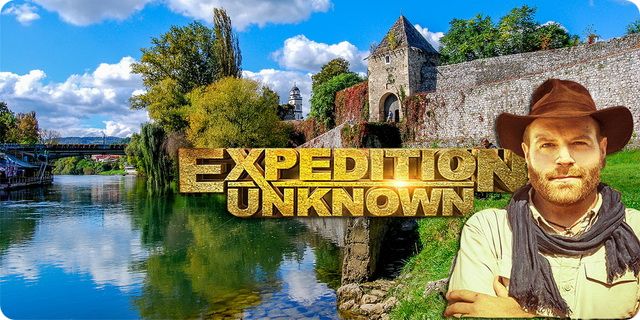Expedition Unknown at Banja Luka Castle (Kastel)

I have not visited fortress Kastel in Banjaluka for a long time. I do not take my children there because now I have nothing to show them. Nevertheless, the other day we visited Kastel:
- Dad, how long will it take for Kastel to be totally restored?
- I really do not know.
- Say roughly.
- Well, about 30 years from now.
- But you will die then ...
The renovation of the Banja Luka fortress Kastel needs too much money to be restored in the true sense of the word. I really doubt that the Generation Y will experience the reconstruction, as I imagine it.
The broken walls, the destroyed buildings, the basements buried with a bunch of garbage, ruined and cracked roofs, hollow concrete blocks - are just some of the "symptoms" of Kastel's disease, for which there is simply no money in the budget.






